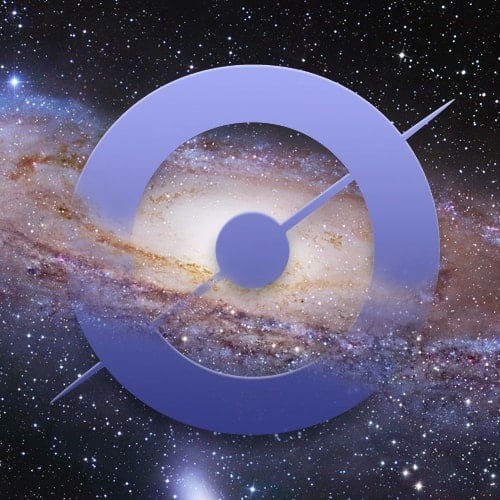Detecting bubbles in the Milky Way,
Or sorting a muon and gamma ray;
Identifying planets and their stars,
Then codifying ice geysers on Mars.
From mapping out old weather lost at sea,
To counting jungle rhythms in a tree;
With floating forests hiding in plain sight,
Sometimes research just needs a brighter light.
Etching a cell to analyse their state,
And bashing bugs to keep drugs up-to-date;
The history of what has gone before,
Can help predict what science has in store.
Transcribing ancient texts and works of art,
Unearthing words that set Shakespeare apart;
Revealing secret lives and hidden gist,
By searching for what others might have missed.
In answering the questions left to find,
We need the help of more than just one mind;
A Universe of projects yet to do,
The door is open, step into the zoo.

This is a syllabic verse, inspired by the research that is carried out at the Zooniverse, the world’s largest and most popular platform for people-powered research.
The Zooniverse is a long-term initiative encompassing numerous citizen science projects, and which provides opportunities for non-experts around the world to help to contribute towards real scientific discoveries. Since their inception in 2007 they have recorded over 85 million classifications from 1.6 million registered volunteers.
Successful projects that have featured on the platform include: Galaxy Zoo, Old Weather, Fossil Finder, and Whale FM. With topics covering everything from nature and climate to art and the humanities, the classifications that have been performed by members of the public have led to over 100 peer-reviewed publications. Furthermore, these projects have helped to redefine what it means to be a researcher, and have helped to empower a large number of people by providing a platform through which they can contribute towards the development of original knowledge.
An audio version of this poem can be heard here.
Discover more from The Poetry of Science
Subscribe to get the latest posts sent to your email.